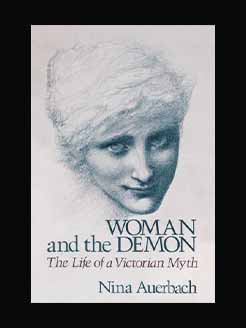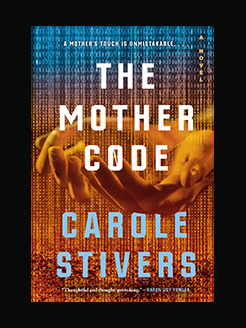Published in 1903
80 pages
Helen Keller (1880–1968), deaf and blind from infancy, prevailed over seemingly insurmountable obstacles. She spoke not only for herself and others with physical disabilities but also for an array of progressive causes, including women’s suffrage, pacificism, and socialism. Keller received an honorary degree from Harvard, the first ever granted to a woman, that proclaimed, “From a still, dark world she has brought us light and sound; our lives are richer for her faith and her example.”
What is this book about?
When she was 19 months old, Helen Keller (1880–1968) suffered a severe illness that left her blind and deaf. Not long after, she also became mute. Her tenacious struggle to overcome these handicaps — with the help of her inspired teacher, Anne Sullivan — is one of the great stories of human courage and dedication. In this classic autobiography, first published in 1903, Miss Keller recounts the first 22 years of her life, including the magical moment at the water pump when, recognizing the connection between the word “water” and the cold liquid flowing over her hand, she realized that objects had names. Subsequent experiences were equally noteworthy: her joy at eventually learning to speak, her friendships with Oliver Wendell Holmes, Edward Everett Hale and other notables, her education at Radcliffe (from which she graduated cum laude), and-underlying all-her extraordinary relationship with Miss Sullivan, who showed a remarkable genius for communicating with her eager and quick-to-learn pupil. These and many other aspects of Helen Keller’s life are presented here in clear, straightforward prose full of wonderful descriptions and imagery that would do credit to a sighted writer. Completely devoid of self-pity, yet full of love and compassion for others, this deeply moving memoir offers an unforgettable portrait of one of the outstanding women of the twentieth century.







